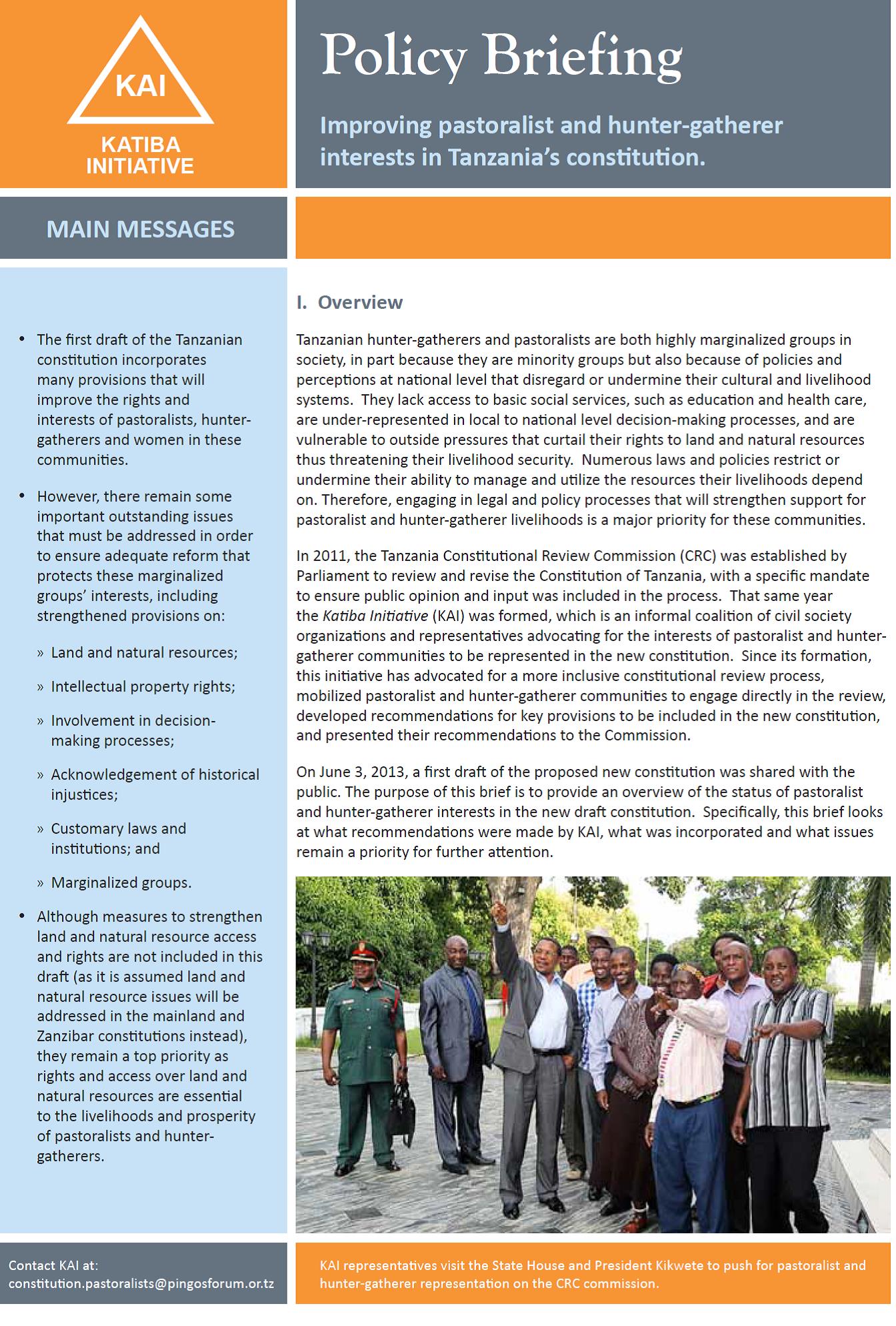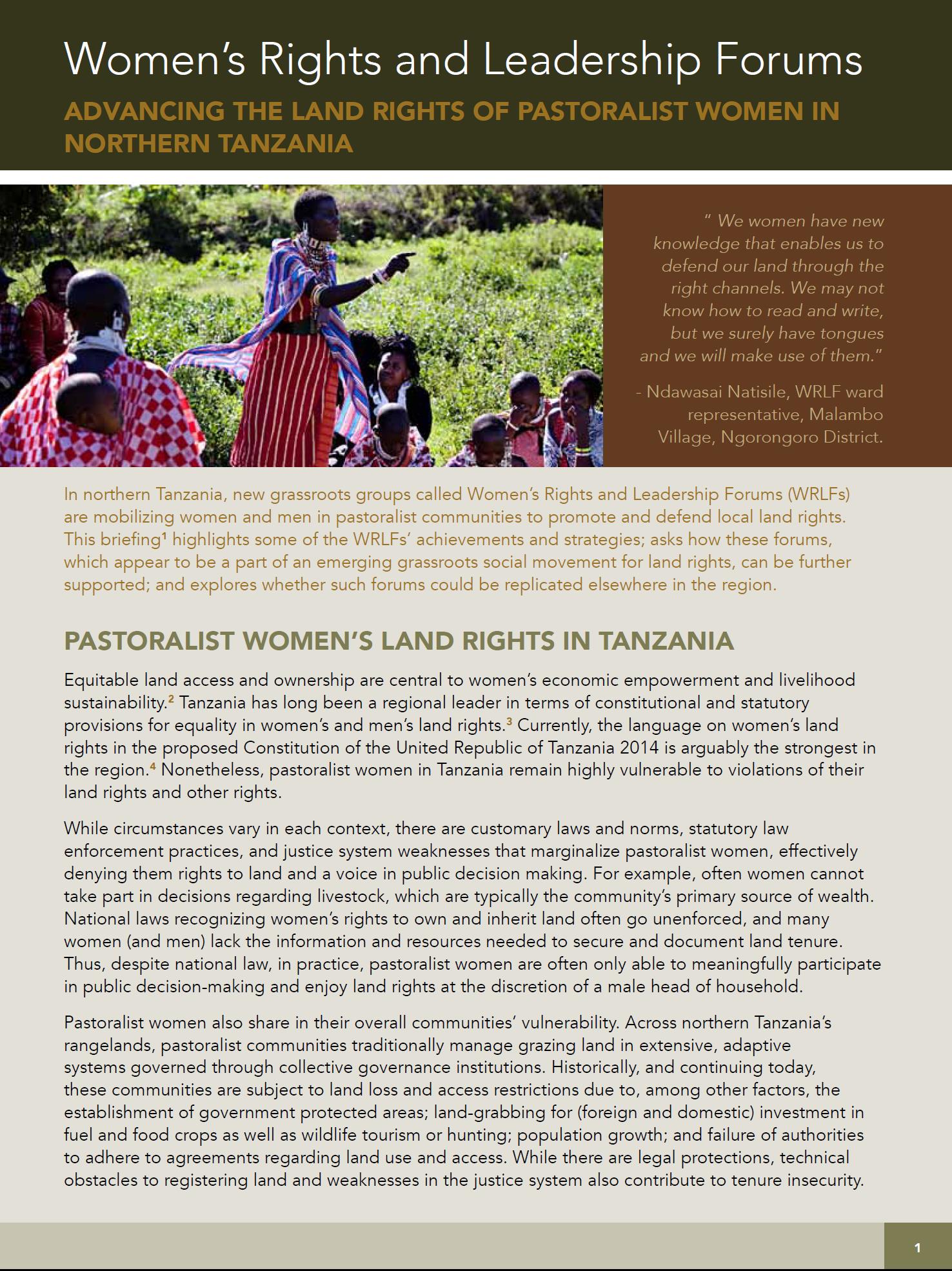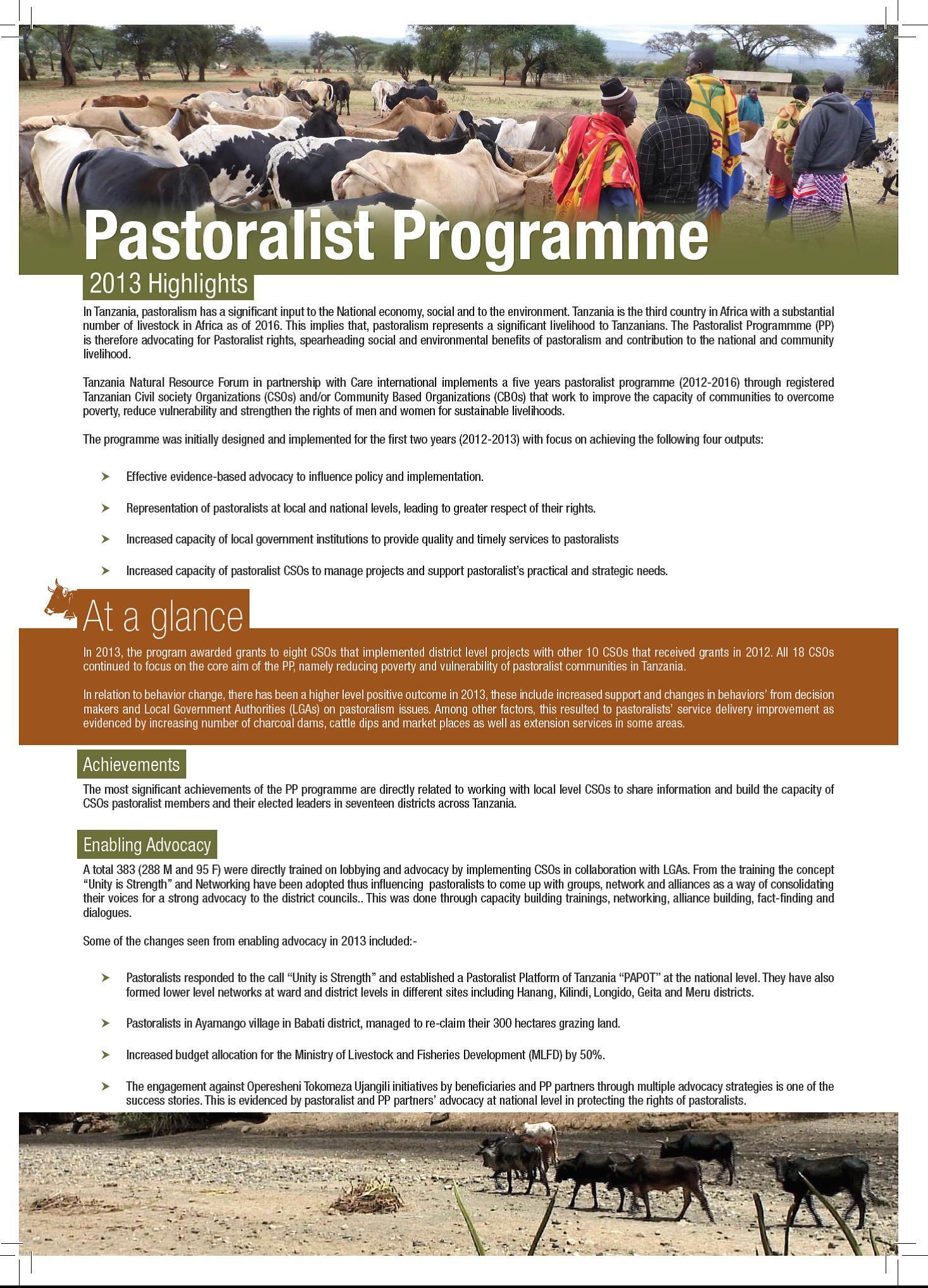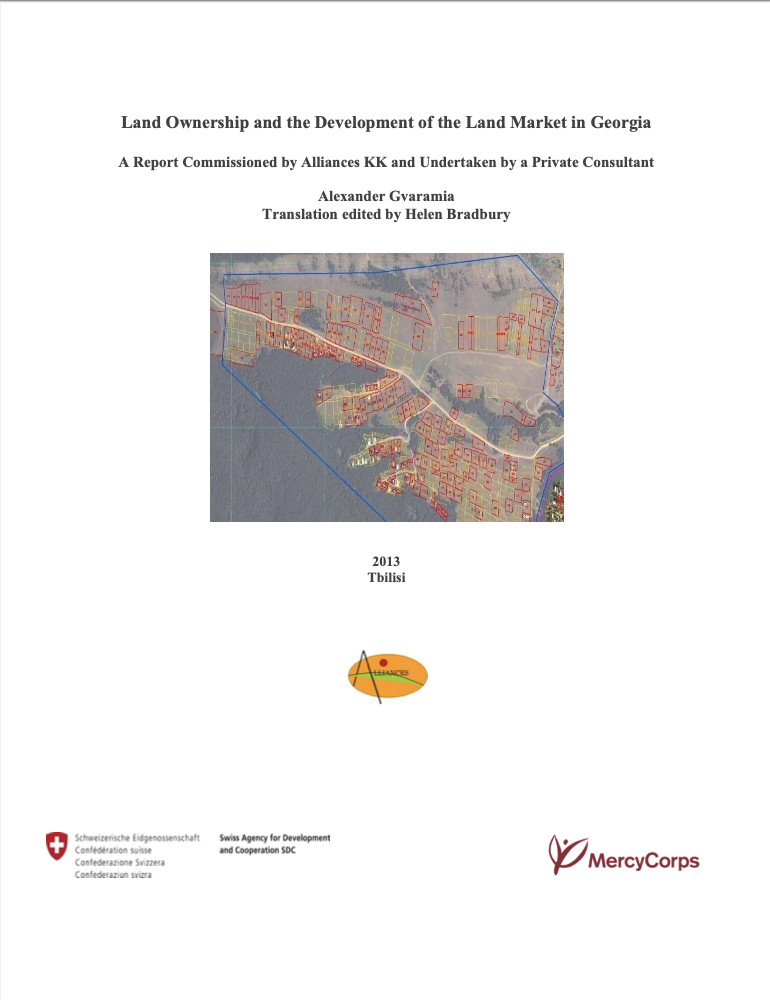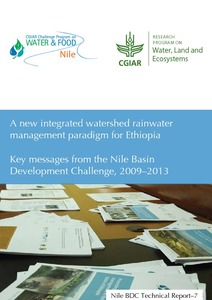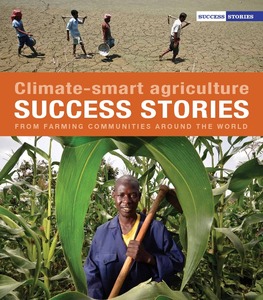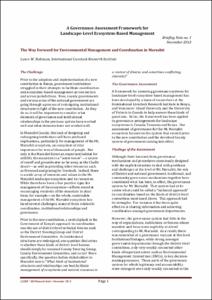Improving pastoralist and hunter-gatherer interests in Tanzania’s constitution
The first draft of the Tanzanian constitution incorporates many provisions that will improve the rights and interests of pastoralists, huntergatherers and women in these communities.
However, there remain some important outstanding issues that must be addressed in order to ensure adequate reform that protects these marginalized groups’ interests

